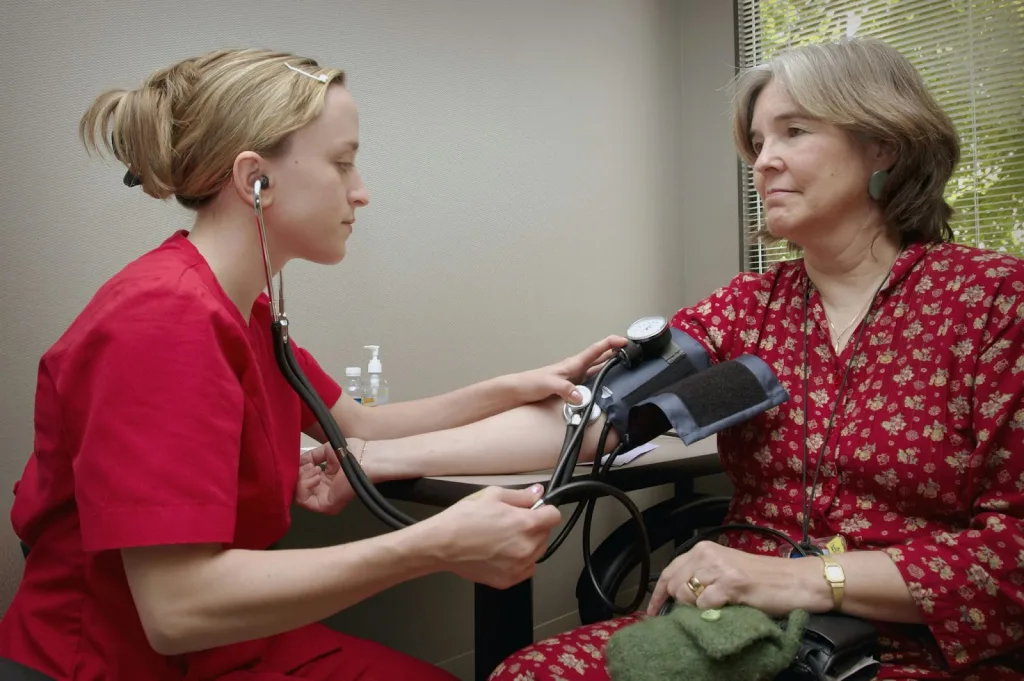Managing Senior Physical Health: A Guide to Your Unique Journey

Managing common illness in elderly is a cornerstone of aging well, helping you stay independent, vital, and engaged in life. By now, you may find yourself managing a chronic condition. Which has become a familiar companion requiring daily car. Or you might feel fortunate to have avoided major issues and want to keep it that way. Either way, your health journey is deeply personal, shaped by your own experiences, challenges, and successes.
Here’s how you can navigate this journey and manage Illness in Elderly. Whether managing what’s already present or staying ahead to maintain a strong and independent life.
Managing Chronic Illness in Elderly: Your Daily Reality
If you’re living with a chronic condition, you know it’s about finding balance. While you need to keep the condition in check while enjoying life to the fullest.
Maybe you wake up thinking about your blood pressure readings. And the pills on your bedside table a daily reminder to keep things stable. Or perhaps you’ve learned the rhythms of managing diabetes by becoming an expert in monitoring your blood sugar. You have become expert in planning meals, and squeezing in a walk to stabilize levels. For others, the quiet stiffness of arthritis may nudge you to start your day with gentle stretches. Stick to your prescribed medication routine to keep your condition stable. Check in with your doctor regularly to adapt treatments as needed. Also embrace light, enjoyable movements like stretches or short walks to stay comfortable and active. Explore resources to discover others’ experiences, practical tips, and the latest innovations in managing chronic conditions. Tech tools and insights can make a meaningful difference in your daily life. Find more resources for most common Illness in Elderly below.
Resources for Managing Illness in Elderly @ Dignified Aging:
Staying Ahead: Avoiding New Challenges
For those of you who’ve been lucky enough to avoid chronic condition. Or those still working to prevent new ones—this stage is about protecting what you have. You might notice small changes. For example, a little less strength when climbing stairs. Also a wobble when reaching for something high, or slower recovery from a cold. These signals remind us to focus on staying healthy.
Your Focus:
Preserving Strength and Balance: Resistance bands in your living room, walks in the park, or even light gardening can keep your muscles strong. Click here >> Fall Prevention In Older Age
Staying Independent: Small steps, like reviewing medications for side effects or adding grab bars in the shower, can make all the difference. Click here >> How to Stay Independent Longer.
Maintaining Normal Control: Addressing concerns like incontinence early can preserve dignity and confidence. Click here >> Eldercare Tips For Elderly Hygiene
External Resources:
- Fall Prevention Tips (National Institute on Aging)
- Healthy Eating and Independence (Mayo Clinic)
Your Journey is Unique
Whether managing a chronic condition or taking steps to prevent new ones, remember: your health is deeply personal. You might be either balancing medications while staying active enough to prevent further decline. Or you might be re-learning what works for you as you age.
One thing is clear: physical health isn’t just about the body; it’s about the life you want to live. Click here for >> Mental Health. Whether it is holding your grandchild’s hand on a walk. Or there planting flowers in the garden, or enjoying a morning coffee with a clear mind and steady hands. Click here >> Senior-Friendly Travel and Fun.
A Final Note on Mental Health
Physical health doesn’t stand alone. Mental well-being—managing stress, staying socially connected, and finding joy in everyday moments—plays a critical role. Explore this in our Mental Health Guide.